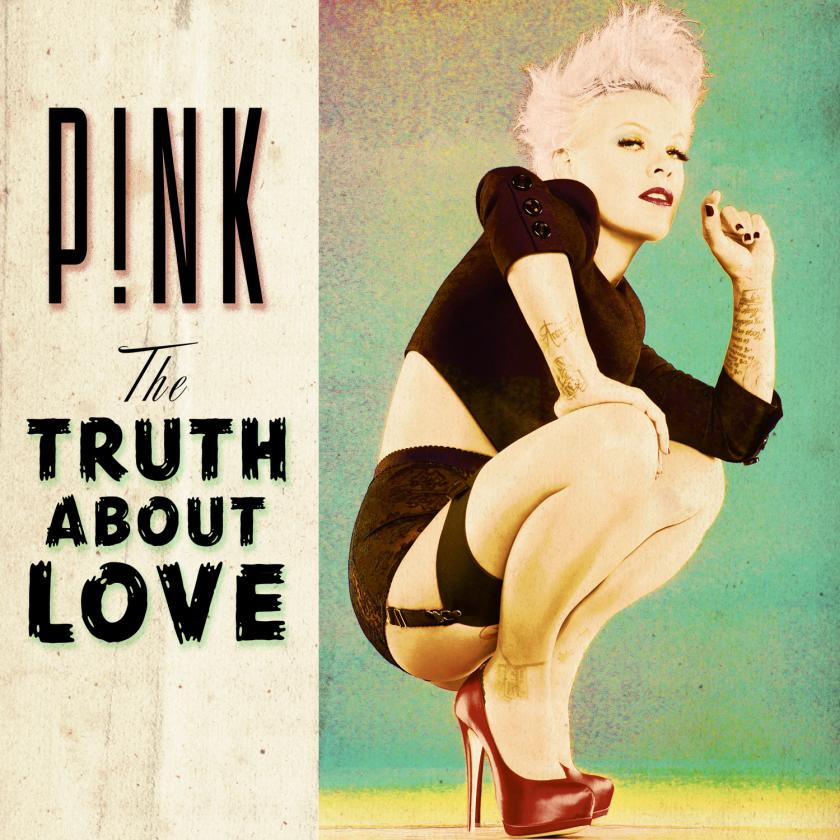Like Orpheus, Bob Dylan is familiar with the underworld. As he gets closer to meeting his maker, the tone of his work has become less baroque, increasingly stripped down and almost naïve in its simplicity. His latest album marks another episode, perhaps the darkest, in a series of sung chronicles, blues-soaked dirges and timeless ballads that draw from the poet’s seemingly unstoppable stream of memories, dreams and reflections. Even the more jaunty tunes – such as “Duquesne Whistle”, one of several songs on the album to evoke the emotions associated with the arrival and departure of trains – have a melancholy aspect.
The voice has become even more gravelly, but if you listen to the recently released Minnesota Hotel recordings from 1961 you realise that Zimmy was born old, obsessed with death and dying at a young age, like most of the seers who have inspired him. The repertoire of vocal mannerisms he has so brilliantly cultivated through the course of an endlessly shape-shifting career has included from the start the world-weary maturity of a tired old man - close to the pain-tinged growl of the black bluesmen he has always loved.
The best tracks on Tempest are as timeless and good as anything he has done. This is not the masterpiece he once promised, but there are moments when he comes close. As everything Dylan does, this feels – refreshingly - like work in progress, recorded as live with flawless fellow-musicians: wandering playfully as ever among styles and thieving creatively from every source imaginable: from the poetry of the 19th century American poet Whittier one moment to the heart of the Scots-Irish folk canon the next. “Early Roman Kings”, loosely based on Muddy Waters’s “Mannish Boy”, evokes the ambiguity and terror of macho posturing. “Long and Wasted Years” is a sweet and gut-wrenching love song, sung with Dylan’s impeccable sense of timing and vocal nuance, a thing of great and solemn beauty.
Dylan isn’t just a poet but a shaman and many of the songs – not least the magnificent and protracted ballad “Tin Angel” - have an incantatory feel, where repetition weaves a magic charm that provides a haunting backdrop to lyrics about love and death, jealousy and mourning. In a recent interview, Dylan has said that, on this album, he wanted to touch once again on religion. On the title track, he is ostensibly retelling, in his own way, the story of the Titanic, and in doing so, offers an extraordinary vision of apocalypse, both personal and universal, which goes far beyond the account of a large ship going down. Dylan does tragedy well – with the depth that comes from knowing those dark places most intimately.
- Watch the video of "Duquesne Whistle"














Add comment